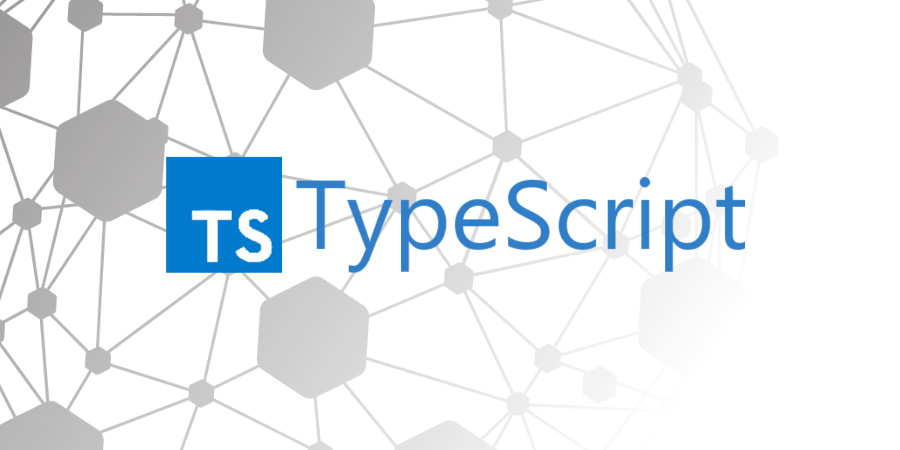Why Switching to Typescript is the Right Choice.

Why Switching to TypeScript is the Right Choice
You may have heard of TypeScript, but do you know why it has become a popular choice for developers?
Let's start with a brief introduction. TypeScript is a strongly typed superset of JavaScript that adds features such as static type-checking, enhanced syntax, and improved tooling to the language. Now, let's explore the reasons why switching to TypeScript could be the right choice for your next project.
Type Safety
One of the most significant benefits of TypeScript is type safety. By implementing static type-checking on build time, TypeScript can catch errors and vulnerabilities early in the development cycle. That means fewer headaches and more confidence in shipping high-quality code.
Improved Code Maintainability
With better tooling and robust type systems, TypeScript makes code maintenance easier by making it more verbose, readable, and self-documenting. The type system detects type conflicts, making it clear where corrections need to occur; leading to fewer accidental errors. When fixing errors, the compiler supports error resolution in IDEs.
Better Syntax
TypeScript provides a better structure for complex codebases through class support that mimics traditional object-oriented programming (OOP) languages. Additionally, interfaces allow abstract contract definition and design to organize your application code. The use of a declarative style makes code easy to read – no more refactoring debugging struggles.
Enhances IDE Support
TypeScript is designed to work seamlessly with VSCode but also works well with other IDEs. The integrated development experience boosts productivity by providing specific refactorings on the fly and showing quick-info pop-ups on your code. Static typing ensures that variables or methods are easily accessible at all times, saving you time and unintentional bugs.
Interoperability with JavaScript
TypeScript supports running JavaScript code out of the box. Artisan comments and runtime parsing gaps resolve issues interoperating between TypeScript and JavaScript. It will interface smoothly, so whenever developers choose, they can begin to gradually add TypeScript without requiring a project rewrite.
Excellent Tooling Support
With Typescript performance optimization rules like noImplicitAny, using its capabilities and creating efficient code might be easier when you follow its rules strictly. Also, for testing TypeScript in production environments, the platform offers opt-in compatibility where older versions don't have to make changes.
Conclusion
Typescript, despite being quite similar to JavaScript, comes with features that assist developers in writing error-free and also make their beats less complicated. An aspect of its increased productivity relies on the fact that it maintains TypeScript development tools organized as deliverable software including combining automated workflow triggers allowing businesses to keep up with market demands. Additionally, parameter polymorphism, argument checking, and safer error protection increase your code's robustness, making TypeScript a more desirable language to adopt.
Finally, having put into consideration its benefits such as type safety, better syntax, and interoperability with JavaScript, TypeScript undoubtedly is an excellent choice for maximizing your productivity by preventing common scoping issues and typos at compilation time.